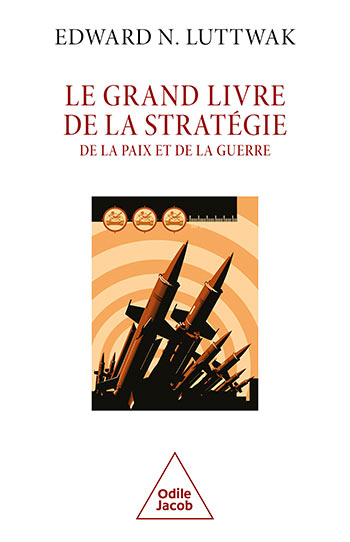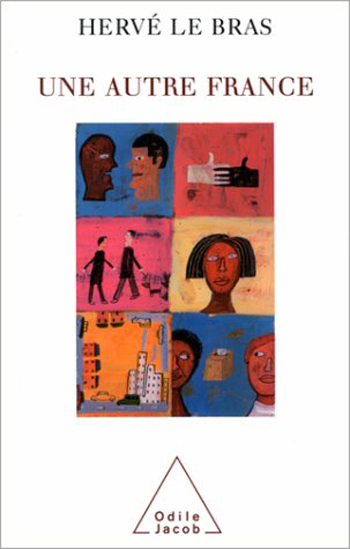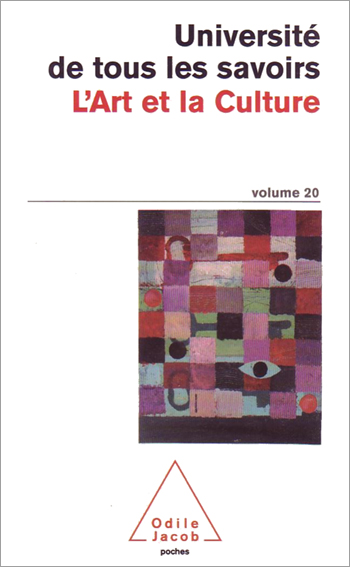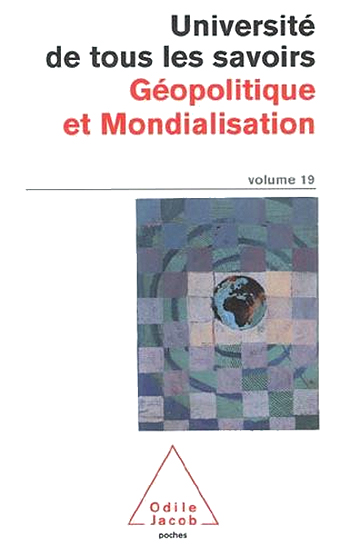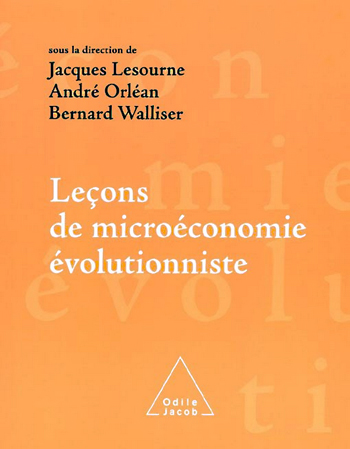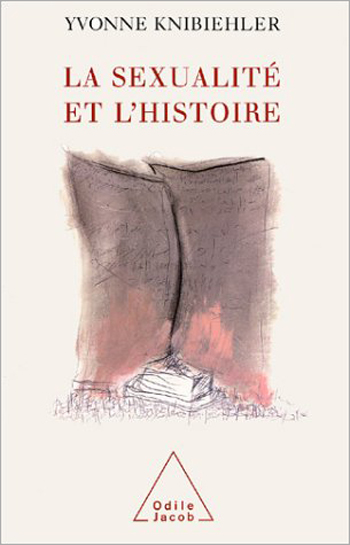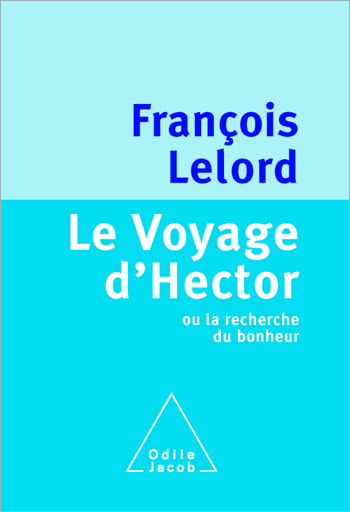Catalog All books
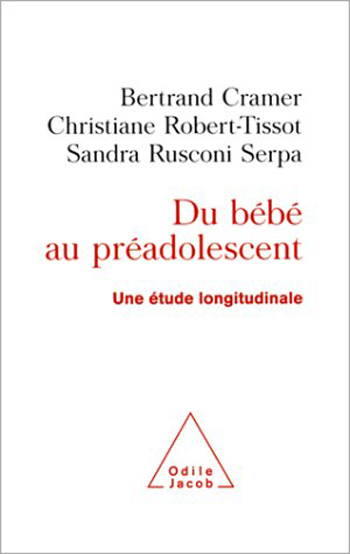
Bertrand Cramer, Christiane Robert-Tissot, Sandra Rusconi Serpa
From Baby to Preadolescent A Longitudinal Study
In 1991, 103 mother-and-infant pairs visited Genevas Guidance Infantile. The infants all displayed functional and behavioural disorders. Ten years later, the same mother-child pairs were re-evaluated by Professor Cramers team, who was thus able to make a number of prospective analyses. What became of the symptoms that the infants had first presented? Did any of the symptoms first displayed indicate a predisposition to other disorders? Can the characteristics that helped them to endure be identified? And what can be said of the role played by cognitive development and parental representations, as well as by protective factors? Professor Bertrand Cramer is a child psychiatrist.
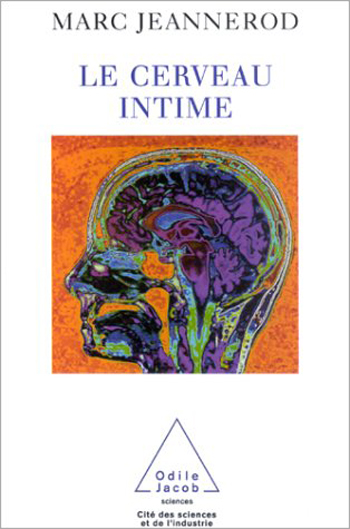
Marc Jeannerod
The Intimate Brain
Today, the brain has ceased to be regarded as existing in isolation in the human body. It is now considered in relation to its sensory, emotional and cultural environment. This book asks the question of what are the mechanisms and chemistry of the emotions? How do emotional states and the consciousness of those states permeate memory and thought? How does depression affect the emotions, and how can it be treated? How is the consciousness of self and of others constructed? Marc Jeannerod teaches physiology at the University Claude-Bernard-Lyon-I, and is the director of the Institute of Cognitive Sciences.
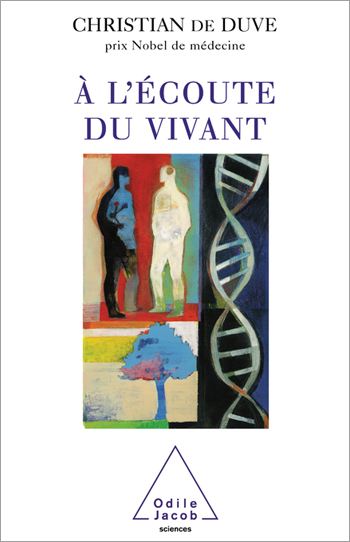
Christian de Duve
Listening to the Living
Everything one should know about biology is explained here by a Nobel Prize winner, including the origin of life, its chemical production and reproduction, the history of life, its earliest forms and also human evolution, the brain, the genius of genetics, and extra-terrestrial life. Finally, the author shows that although biology has undermined arguments in favour of the existence of God, religion and faith are a necessary product of nature selection. Christian de Duve is the director of the Brussels-based International Institute on Cellular Pathology. He was awarded the Nobel Prize in Physiology or Medicine in 1974 for his findings concerning the structural and functional organisation of cells.
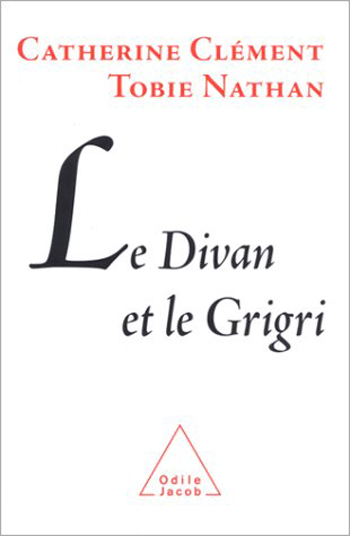
Catherine Clément, Tobie Nathan
The Couch and the Grigri
This work is a fascinating discussion between a practising analyst who has not ceased to confront his discipline with other disciplines of the mind, and a philosopher with great psychoanalytic experience. It aims to show how cultural heritage a debt linking each generation to its ancestors shapes both how we represent reality and our emotional universe. The authors thoughts and conclusions are thoroughly backed up with a variety of specific examples and observations. Tobie Nathan is an ethno-psychologist and teaches clinical and pathological psychology at the University of Paris VIII. Catherine Clément is a writer and philosopher.
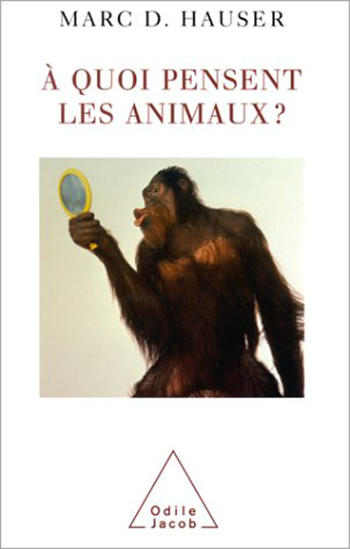
Marc D. Hauser
Wild Minds: What Animals Really Think
A slender loris comes up to a zoo keeper and hugs him. A dog lowers its head and whines when its master is unhappy. Is such behaviour a sign of affection and empathy or are other mechanisms at work, to explain the animals near-human behaviour? Why do chimps and dolphins form coalitions to defend themselves? How do lions determine, from far away, the number of gazelles calmly watering by a stream? How is it that a few species can recognise their own image in a mirror? Marc D. Hauser is a professor of psychology and neuroscience at Harvard University, where he is a fellow of the Mind, Brain and Behavior Program. Besides performing laboratory research, he has done extensive fieldwork in Kenya, Uganda and Puerto Rico.
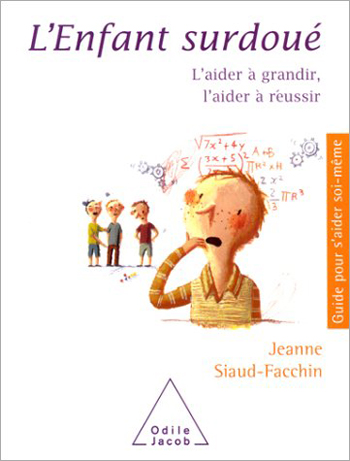
Jeanne Siaud-Facchin
The Over-Gifted Child Helping them to grow up, helping them to succeed
It could almost be said that gifted children are in danger. They are emotional sponges who often ignore the insouciance of childhood, and their hyper-receptivity puts them in a state of heightened vigilance. For these reasons, gifted children are more often familiar with fear and anxiety. And yet, if parents and teachers understand the gifted child, he or she will blossom and make use of the great wealth of his or her personality and abilities. The goal of this practical manual is to guide parents and teachers in the discovery of gifted or exceptional children. Jean Siaud-Facchin is a clinical psychologist.

John Lukacs
Five Days in London: May 1940
The days from 24 to 28 May 1940 significantly altered the course of the history of the past century. When German troops reached the Atlantic coast, the British counterattack resulted in the disaster of Dunkirk. Europe was on its knees. Britain seemed powerless. For several critical days, at 10 Downing Street, the British cabinet debated whether to negotiate or to continue the war against Hitler. And if the war was to be continued, how would it be fought? What hope was left? Lukacs takes us into the crucial unfolding of these five days that changed history. The events described here provide a lesson in courage as much as in politics. John Lukacs is a former professor of history at Chestnut College in Philadelphia.
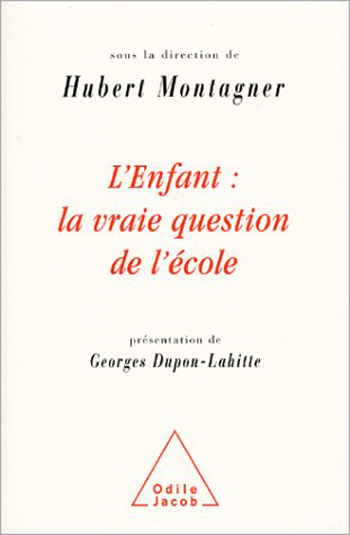
Hubert Montagner
The Child : The Real Question of Education
This ambitious work aims to provide a comprehensive view of the mechanisms, processes, influences, factors, and past and present events that may keep children from constructing, structuring or mobilising their abilities in an academic environment, and from acquiring new abilities and successfully constructing the required learning skills. In the struggle against academic failure, the main tool is understanding the child better. In order to do this, it is essential to base educational practice on the most recent knowledge.


